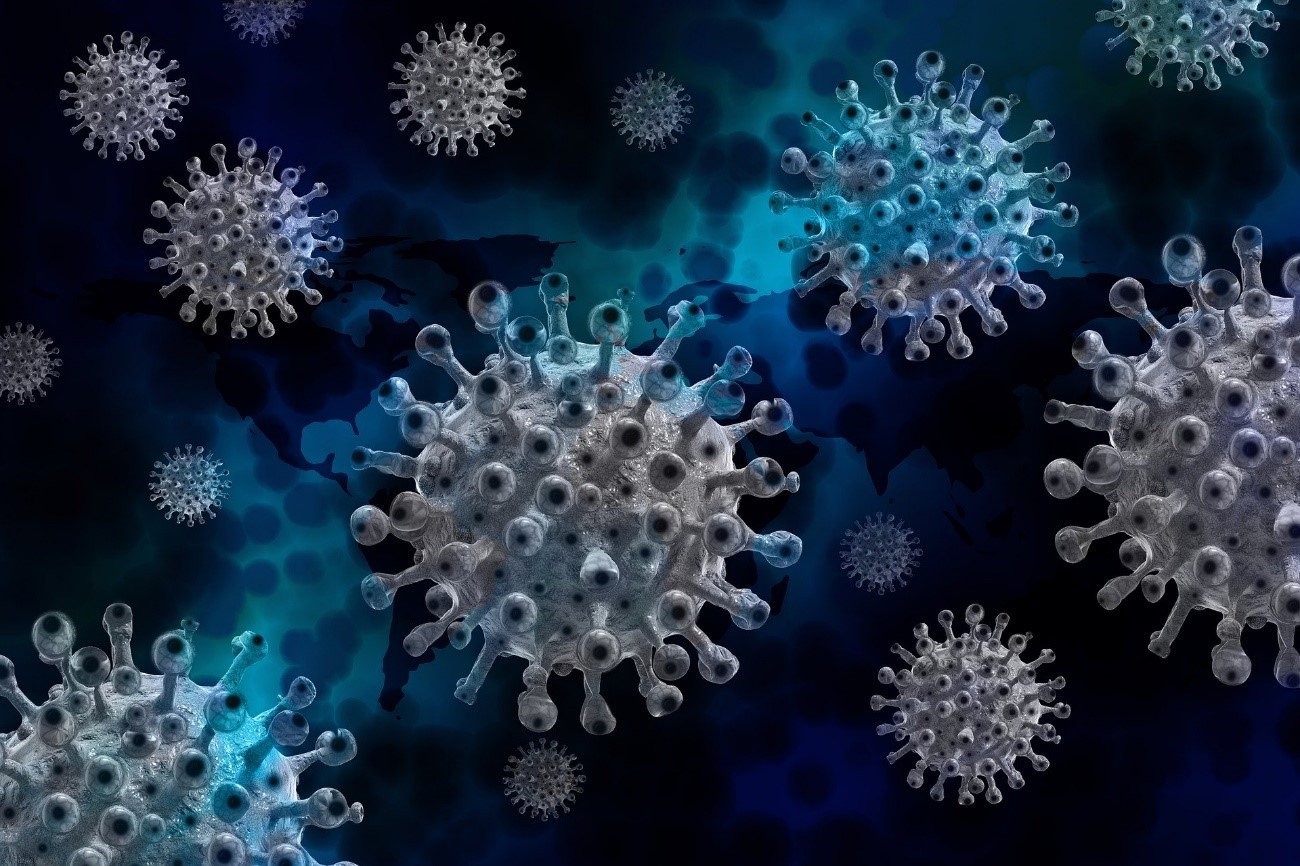
The group of Dr. Luisa Botella at the Margarita Salas Center for Biological Research (CIB-CSIC) participates in the development of a portable graphene biosensor for the rapid detection of the SARS-CoV-2 coronavirus. The project, called DRAINCOV, is led by the University of Granada, with the participation of the CSIC and the University of Valencia, and it is financed by the Supera Covid-19 fund of Banco Santander, CRUE and CSIC.
Diagnostic tests are the only efficient way to track and control the spread of SARS-CoV-2. The DRAINCOV project, led by Dr. Jesús Gámiz (University of Granada), seeks technological developments that provide sensitivity and precision comparable to those of RT-qPCR, but in response times and ease of handling of rapid tests.
The developing system is an accurate immunological detection device to assess the status of a person's SARS-CoV-2 infection using a microfluidic system integrated into a matrix of graphene FET sensors. The sensor would detect the immunoglobulins that activate the coronavirus in the immune system. Thus, it could quickly diagnose early infection, its course and its overcoming. The use of graphene allows for greater sensitivity.
The analysis biosensor will be portable, autonomous and fast (it would only take seconds from the sample to the result) and ultrasensitive to detect immunoglobulins against the S protein of SARS-CoV-2. It would allow detection of early infection (even asymptomatic) by quantifying IgA immunoglobulins in saliva; it will also allow determining the course of infection in the acute phase by measuring the concentration of IgM immunoglobulins; and it will allow detecting the overcoming of the infection and the potential immunization of the individual by means of the determination of IgGs immunoglobulins in plasma.
Dr. Botella's group will contribute to the project with plasma samples from control population, collected between 2007 and 2017, and therefore free of SARS-CoV-2. Moreover, they will produce the S1/S2 antigens in HEK 293 and COS-7 cells.
More information:
CSIC Press Release (in Spanish): link

